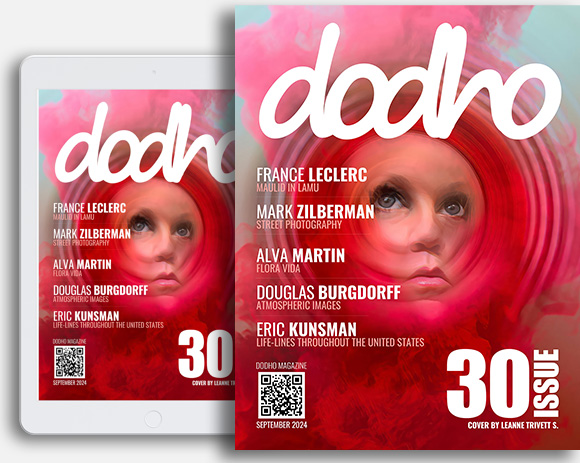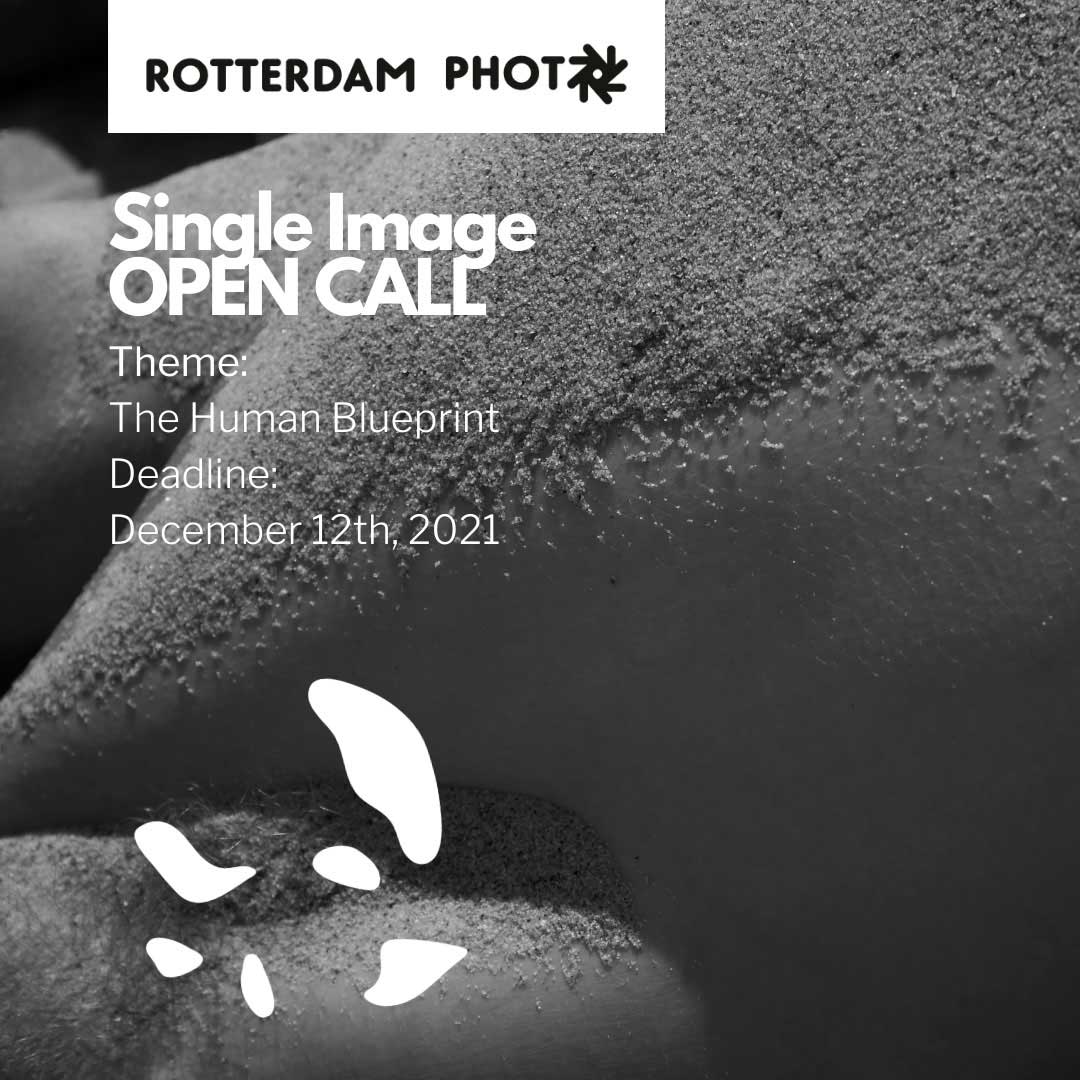Rotterdam Photo is happy to announce the launch of the second open call for 2022 XL edition – The Single Image Open Call.
The selected images will be printed on PVC panels (2,5 x 2,5 m) and will be exhibited on the outside part of a designated container during the Rotterdam Photo 2022 XL this February. All production costs will be covered by the Rotterdam Photo Festival’
SINGLES OPEN CALL 2022
Do you want to join the international photo festival this February? Rotterdam Photo is happy to announce the launch of the second open call for 2022 XL edition – The Single Image Open Call.
We invite professional and amateur photographers to reflect on the theme – THE HUMAN BLUEPRINT – and submit just one photo related to the theme. We are looking for bold ideas and vision for the questions related to human activity and its aftermath, for the future in an ecological way, the way which humans should be looking and thinking.
THEME 2022: THE HUMAN BLUEPRINT
“I’ve been holding for a while that the concept of Nature is a sort of anthropocentrically scaled concept, designed for humans, so it’s not strictly relevant to thinking about ecology. In fact, it might even be, for various different reasons, a bit of a disaster. And the way in which it’s a bit of a disaster is that it separates the human from the non-human world by sort of an arbitrary aesthetic screen” – Timothy Morto
Following last year’s topic PLANET HUMAN, we continue to ask the same questions: Who are we, as human beings, besides the fact that we exist? What do we leave behind? How do we express ourselves? What is the role of our imperfections, the dark parts of our collective existence? Do they make us human?
Today, more than ever, the notion of being human is undergoing evolution. And this year we invite professional and amateur photographers to join us and think about the blueprints that we, as human beings, leave after us.
The crisis related to COVID-19 severely hurt all of us and the world completely focused its attention and resources to overcome it. However, another crisis is not possible to solve with mass vaccination and it keeps evolving every day. Recent floods in Germany, forest fires in Siberia, abnormal temperatures all around the globe, deforestation, massive animal extinction – these problems are escalating and have a systematic character.
The questions related to human activity and its aftermath and being aware of the future in an ecological way means being aware that there are ways with more time and spatial scales on which humans should be looking and thinking. Scientists say the weight of human-made objects already exceeds that of living things. In other words, the combined weight of all the plastic, bricks, concrete and other things we’ve made in the world outweighs all animals and plants on the planet for the first time. The weight of all the things we produce has been doubling every 20 years recently.
It means that the things we used to call nature aren’t quite natural anymore, they stop behaving like a nice neutral background to our human activity. Parts of the scene set are falling on us and it is painful. Some of them open and we see what is behind them – all kinds of stuff that we didn’t want to see.
Our species are profoundly transforming the Earth. The PLANET HUMAN is no longer metaphorical. And 2020 was not only the year of global pandemic, but the year when human-made mass overtook that of all the living things in the world. And if we continue this great acceleration it will be visible in sediments and rocks millions of years into the future. So we ask which Blueprint do we leave behind? How can we rethink our relationship with the rest of the non-human environment around us? And when will we stop perceiving the planet space as exclusively human, an anthropocentric space?
Rotterdam Photo Festival is open to submissions including different mediums, such as photography, installations, performance, digital art, and documentary works.
Rotterdam Photo Festival
Deadline December 12th
https://www.rotterdamphotofestival.com/single-image







